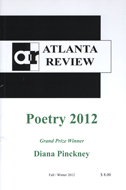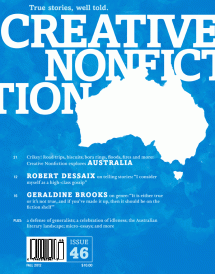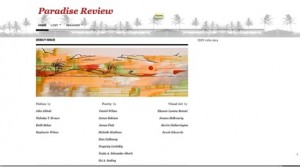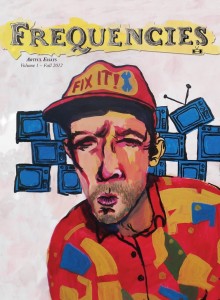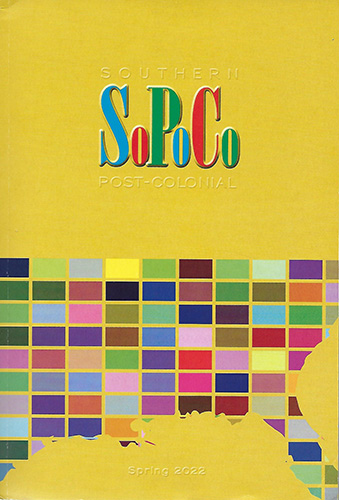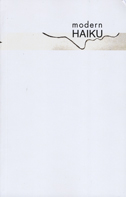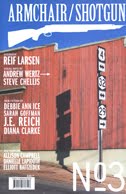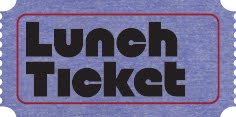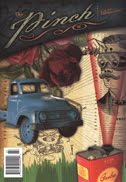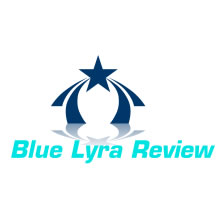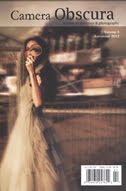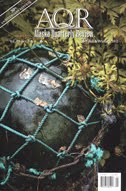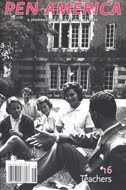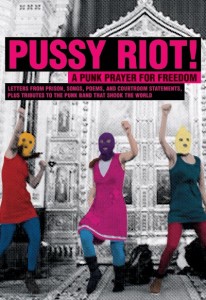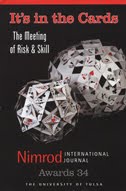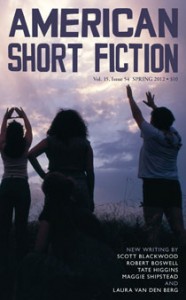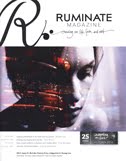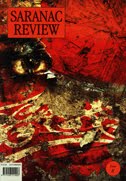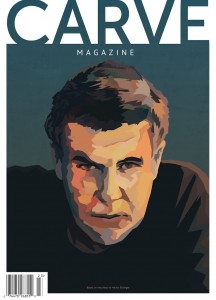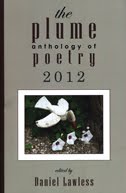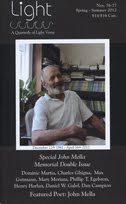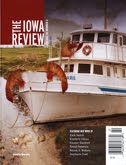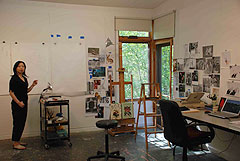Reminiscent of one of the buildings on the campus of Goddard College—a symbol for the college and the independent spirit of being part of its learning environment—comes the name of a brand new magazine: Clockhouse Review. Published by Tim Kenyon and managed by Editor Chris Mackowski, this annual print magazine prints fiction, nonfiction, poetry, drama (for both stage and screen), comics, and graphic narratives. “Readers will find a collection of work in various genres from strong, independent voices,” says Kenyon.
Their mission statement is as follows: “Dare. Risk. Dream. Share. Ruminate. How do we understand our place in the world, our responsibility to it, and our responsibility to each other? Clockhouse Review is an eclectic conversation about the work-in-progress of life—a soul arousal, a testing ground, a new community, a call for change. Join in.”
Writers and artists from the first issue include Sean Bernard, Arthur Levine, Will Donnelly, Robert McGuill, Mira Martin-Parker, Ian Couch, Hunter Huskey, Tina Tocco, Elizabeth Dalton, Lisa Braxton, David Ritchie, Barbara Ridley, Jan Shoemaker, Louise Deretchin, Mike Mosher, Sara Backer, Joe Lauinger, Paul David Adkins, Lynnel Jones, Leslie Paolucci, Jeffrey MacLachlan, Lisa Mangini, Valerie Macon, Steve Klepetar, Timothy Martin, Ron Riekki, Thomas Piekarski, Matthew Thorburn, John Grey, Steve West, Gabrielle Freeman, Jenn Blair, Lauren Nicole Nixon, Franklin Mulkey, Genevieve Betts, Ruth Bavetta, Gerald Solomon, Billy Reynolds, Russell Rowland, Cecilia Llompart, Leslie Heywood, Nicole Santalucia, Virginia Shank, Marissa Schwalm, and Charles Davenport.
While the goal at the moment is to publish annually, Kenyon expresses that they have the potential to become a biannual journal. “We will be featuring the work of well-known, established writers as featured contributors with each upcoming issue,” he says.



